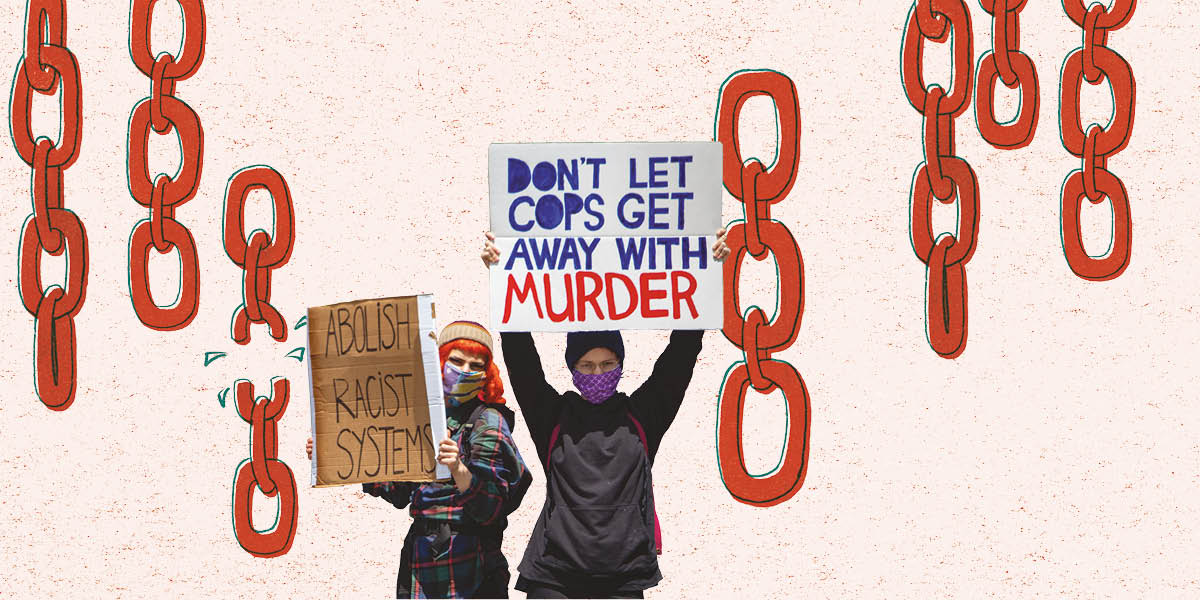In Britain, we face the twin dangers of Labour authoritarianism and the ascendant energies of the Faragist far right. Each is animated by a national and racial hostility, roused by revanchism and resentment, capitalising on the despair, anger and isolation we all suffer through compounding capitalist catastrophes. This must be confronted head on with a culture of multi-racial solidarity and common purpose.
Our movement’s inability to be guided by consistent anti-racist principles has been at the heart of the failures of the left electorally in the last decade. It has muddied our vision, stymied our capacity to talk straight and inspire others towards anti-racist demands, as well as inhibited our offer of a redemptive post-racial, loving vision of socialism. We do not know what organisation or formation will emerge, but we offer these insights in the hope that they shape the strategies for the present.
Start at the local
Any new left party that seeks not just to win an election but begin a process of eco-socialist construction should take seriously the task of bringing to life the Black Panther slogan, ‘All power to the people’. People make a party and people are primarily concerned with how they live everyday. This is not to reduce humans to self-interested beings, but to stress that in a world where everything, everywhere is at stake we still have to start locally.
In workplaces, high rises, shops and street corners, any new left organisation must join forces with other mass organisations in getting its hands dirty, forging new political constituencies, not simply mobilising interest groups. Unity, conventional wisdom would have us believe, is impossible to achieve between the different sections of society that a new left party would have to embrace – between white working classes in de-industrialised regions, graduate renters in the big cities, or migrant communities across the country.
Although it is disingenuous to deny that there are many different interests held by the working class, those of us who live in, or organise among, different communities recognise that it’s also possible for people to fight for people they do not know. Racialised difference, when approached with a culture and politics of socialist anti racism, can be a source of power and pride. Bringing together communities in common struggle breaks down the racialised narrative of deserving and undeserving by foregrounding the shared interests and enemies of the working class.
Any new left organisation must join forces with other mass organisations in getting its hands dirty, forging new political constituencies, not simply mobilising interest groups
It is the translation from anti racism as a watchword to a political practice of composing working-class coalitions wherever we are. We arrive at one another complex and full of contradiction, so underwriting our base-building work with anti-racism is not an impossible goal; it is about resisting shortcuts, especially since any new left party will also be the work of building new demands and policies.
A new left party seeking to build a mass socialist anti-racism needs to combine its unmovable horizon with a recognition that the social constituencies we want to construct read the world differently to us, meaning that we need to challenge and rearticulate the terms of popular culture through our organising. Take immigration controls, for example. We should not wince from our opposition to borders as an ultimate horizon, but the interplay between state and popular racism means we must find ways to move the dial on the conversation and cultivate wider organising capacities.
Alongside demands to shut down detention centres such as Yarl’s Wood, opposition to a points-based migration system and mobilising against immigration raids, we should discuss how we class anti racism and break down the ways the state exacerbates labour market competition, utilising regressive migration policy to weaken worker power. We want to connect where we are to where we want to go by a proletarian anti-racism far more compelling than the increasingly popular Faragism.
Flavoured by defeat
The history of socialism is flavoured by the colour of defeat. These failures leave us with three challenges. First, our movement is nothing without the people who constitute it. The socialist project must rely upon a range of different experiences, rooted in diverse workplaces and communities, devoutly prepared to fight for the places they call home.
Second, we cannot avoid challenging national state power. While capitalism moves through racialised, internationalised lines of exploitation, it is organised into nation states. In order to ferment transformation, we must articulate an inter-regional unity against the power of the centralised nation state.
And third, in the spirit of Frantz Fanon, we must hold ourselves, ‘like a sliver, to the heart of the world’. Socialist transition always fails when it eschews global transformation and relegates the struggles of those dominated by empire and those most vulnerable to a burning planet to a mere appendage of ourselves. The capitalist system requires global confrontation, we must challenge the imperial power of our own rulers.
In 2011, responding to the police killing of Mark Duggan, crowds of multi-racial youth rioted against police racism, public vilification and austerity. Historian David Starkey publicly vocalised his concern that these inner city uprisings implied that ‘the whites had become black’. In 2024, thousands of predominantly white men participated in racist pogroms. Using the race riot as a weapon, these whites wanted the unattainable historical benefits of whiteness denied them by neoliberalism.
An anti-racism that sees a select few of the oppressed incorporated into the system as ‘racialised insiders’, preaching the virtues of anti-discrimination divorced from the power structures, is counterproductive. Against the racist identitarianism of Nigel Farage and the vacuous identity discourse of a figure like failed Democrat presidential candidate Kamala Harris, our contribution is interested in building new cultures of solidarity and new social institutions that can bridge the gap between what Houria Bouteldja called ‘rednecks and barbarians’. This is how we defeat the racist power structures. This should be the unwavering ambition of any new left party.










